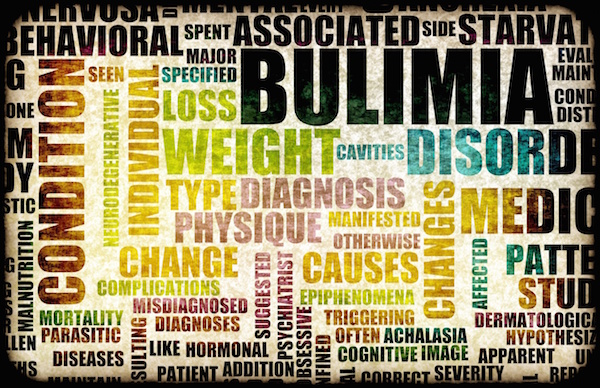
WEDNESDAY, Sept. 25 (HealthDay News) — A large, new study finds no linkage between the digestive disorder celiac disease and autism.
One theory about autism is that it may start in the gut, because some children with the disorder also suffer from gastrointestinal problems. Many are put on strict gluten-free diets in the hopes that avoiding wheat proteins will improve their behavior.
“Studies have not really shown that this works, but it is a common belief,” said Dr. Daniel Coury, chief of developmental-behavioral pediatrics at Nationwide Children’s Hospital in Columbus, Ohio.
The new study, which was published online Sept. 25 in the journal JAMA Psychiatry, offers the most definitive proof yet that many autistic kids don’t benefit from restrictive, wheat-free diets.
The study comes from Sweden, a country that keeps careful records on the health of its citizens. Sweden also has rates of celiac disease that are about twice as high as in the United States, said study author Dr. Joseph Murray, a celiac disease specialist at the Mayo Clinic in Rochester, Minn.
Researchers pulled the health records on almost 290,000 people who’d had intestinal biopsies. Intestinal biopsies are tests where doctors take a tissue sample of the small intestine and examine it under the microscope to look for signs of damage. Intestinal biopsies are considered to be the most reliable way to check for celiac disease.
Based on the biopsy results, about 27,000 of those people had full-blown celiac disease. More than 12,000 had signs of inflammation without celiac disease. And another 3,700 had blood tests that indicated that they were having an immune reaction to wheat proteins, as people with celiac disease do, but their biopsies showed no intestinal damage.
Researchers then compared the rates of autism diagnoses in those groups to autism rates among more than 213,000 others who had biopsies with normal test results. Individuals in the normal comparison group were carefully matched to be the same age and sex as those with suspicious tests. They also lived in the same part of the country and had their biopsies done the same year as the others.
The result: Researchers say they found no convincing evidence that autism and celiac disease are linked.
“If there was a connection between these two diseases — either hidden celiac disease causing autism or autism causing celiac disease, it should have shown up in the study of this size. So, I think that’s the big message,” said Murray. “This brings some finality to that debate.”
When researchers restricted their results to a smaller subset of children who were diagnosed with celiac disease before their autism was spotted, they found that a prior diagnosis of celiac disease boosted the odds that child would be diagnosed with autism down the road by roughly 40 percent.
“An increased risk doesn’t mean it causes it in everybody,” said Coury, who was not involved in the study. “I think that’s important to note.”
One finding from the study that can’t be easily explained involved children who had immune reactions to wheat proteins that were picked up by a blood test, but no signs of intestinal damage. In other words, their blood tests for celiac disease were positive, but their biopsies were not.
The study found that those children were about three times more likely to be diagnosed with autism later in life than children who had negative blood test results.
Coury said it could be an important clue to the biology behind autism.
“We don’t know what causes autism. So the question is, what’s going on there?” he said. “We do know there are some inflammatory markers or immune issues involved with autism and this might help explain some cases of autism.”
The study authors, however, said that the finding should be interpreted with caution.
It is possible, Murray said, that these children were just sick from an early age. Sick children are probably more likely to have blood tests ordered for them. And he noted that the blood tests for celiac disease are sometimes falsely positive, so that might have muddied the results.
Another explanation may be that children with autism simply have more allergies than those who don’t. Or they might have disease where the same underlying defect causes both an immune disturbance and behavioral problems, as Coury speculated.
“I don’t think our study was really addressing that,” Murray said.
Other experts agreed.
“This study shows that autism is not related to celiac disease,” said Dr. Peter Green, director of the celiac disease center at Columbia University Medical School.
“All these kids are on a gluten-free diet,” Green said, even though “there’s no evidence it’s a causal relationship.”
More information
For more on autism spectrum disorders, visit the U.S. Centers for Disease Control and Prevention.
Copyright © 2026 HealthDay. All rights reserved.

